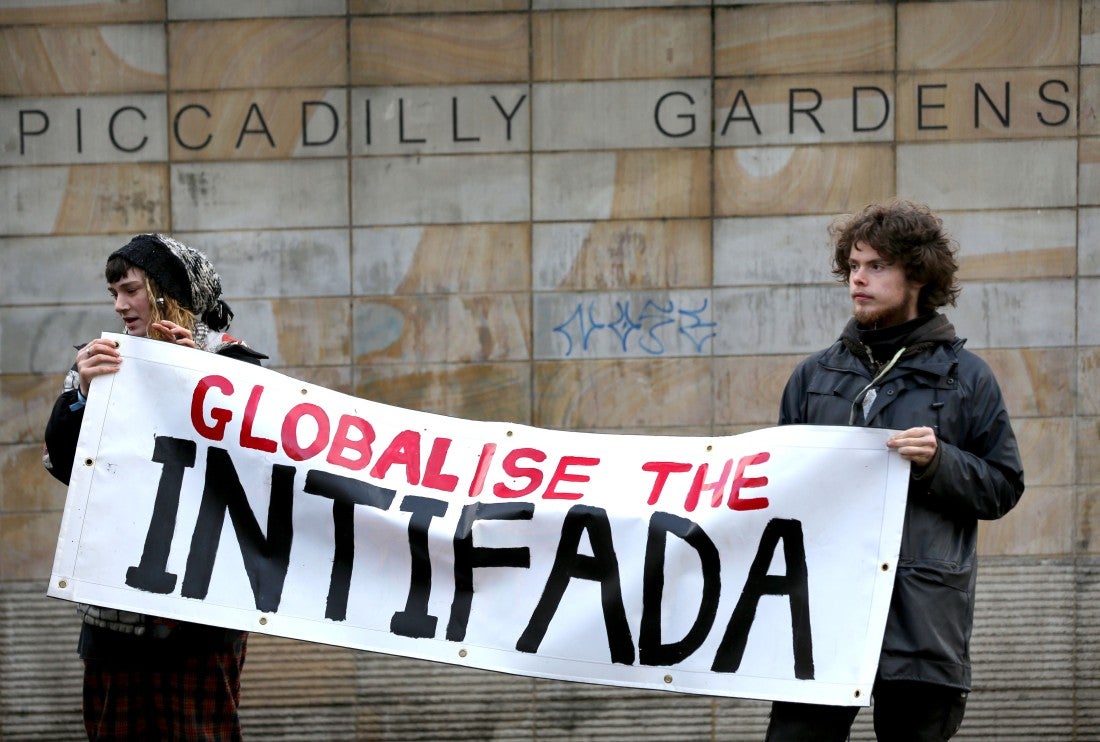Democratic Unity Tested Over Support for Zohran Mamdani’s Mayoral Candidacy
Prominent Jewish Democrats, Pennsylvania Governor Josh Shapiro and ex-Chicago Mayor Rahm Emanuel, have publicly expressed their dissatisfaction with Zohran Mamdani for his lack of response to the phrase ‘globalize the intifada’. Amidst the controversy, the unity of Democratic leaders behind Mr. Mamdani’s pursuit of the New York City mayorship seems to be in jeopardy.
Governor Shapiro from Pennsylvania has targeted Mr. Mamdani, the Democratic prospect for New York’s mayoral seat, for his silence against what is viewed by many as strikingly ‘antisemitic’ comments from extremist factions. This has further fueled the internal disputes within the party regarding Mr. Mamdani’s viewpoints on Israel.
Throughout the primary elections, Mamdani abstained from publicly objecting to the slogan ‘globalize the intifada’, although he denies ever having used the slogan personally. However, more recently his stance appears to have become slightly more moderate.
Among Palestinians and their allies, the phrase is typically seen as a chant for liberation; however, many Jewish individuals interpret it as an incitement to violence. This interpretation is tied to the historical context of the violent uprisings against Israeli civilians by Palestinians during the revolt periods in the 80s and 00s.
In addition to Governor Shapiro, Rahm Emanuel, former Mayor of Chicago, took issue with Mr. Mamdani. Emanuel, during a podcast, candidly expressed his belief that an unwillingness to condemn such a phrase has no place within the Democratic party.
Both Shapiro and Emanuel’s assertions, as two of the most renowned Jewish officials in the country, underline the magnitude of the implications Mr. Mamdani’s victory has had for Democratic leaders. The leaders continue to grapple with the decision on whether to unite behind Mr. Mamdani’s political journey.
Governor Shapiro further elaborated, noting that Mr. Mamdani ‘appeared to run a campaign that captured the interest of New Yorkers.’ He then expressed concern by stating, ‘Simultaneously, he seemed to allow a considerable amount of leeway for extremists to twist his words, or for him to remain silent in cases where the inflammatory words of extremists clearly displayed antisemitic undertones.’
Mamdani’s fervent support for the Palestinian cause, which he cites as the bedrock of his political career, has inadvertently thrust the Democrats into a high-profile deliberation. The question at hand is whether overt criticism of Israel & its government – even to the point of questioning its existence as a Jewish state – is a stance that the party should adopt.
Moreover, the focus is not solely on Mamdani’s political and personal beliefs regarding Israel and Palestine, but also on the repercussions of his perceived tolerance towards extremists within the party. This is a subject that has seemingly divided the Democratic party and created a nuanced, multi-layered issue that needs careful deliberation and strategy.
The lack of unity among the Democrats regarding Mamdani’s candidacy highlights the complexity of the situation. The party is stuck in a delicate balancing act of trying to respect personal freedoms and political beliefs, while maintaining core values of peace, harmony, and non-violent advocacy.
The discourse around this debate also reflects the broader implications for the Democratic party’s leadership and image; being seen as tolerating extremist rhetoric would not only damage its reputation but could also have far-reaching effects on future elections and the party’s direction.
Furthermore, the controversy surrounding Mamdani’s approach to extremist sentiment is not just a concern for the Democratic party. It also plays into wider discussions of how political parties and public figures should handle extremist rhetoric more generally, presenting a global issue that extends beyond the party lines.
As this situation continues to unfold, it could have significant implications for political campaigns moving forward. Future candidates may be scrutinized more closely for their reactions to extremist views, thereby shifting the focus from policy proposals to character traits and personal stance against extremism.
How the Democratic party handles this situation could also set a precedent for future controversies within the party. It stays a question whether political beliefs that push boundaries are encouraged to establish a diverse perspective within the party, without antagonizing a section of the supporters or jeopardising the party’s reputation.
Lastly, the tensions within the Democratic party over Mamdani’s stance provide a glimpse into the broader ideological struggles faced by parties. The matter has drawn attention to the fact that democracy, in its pursuit of diversified opinion, must also battle the question of extremist rhetoric and the dividing line it incites.

